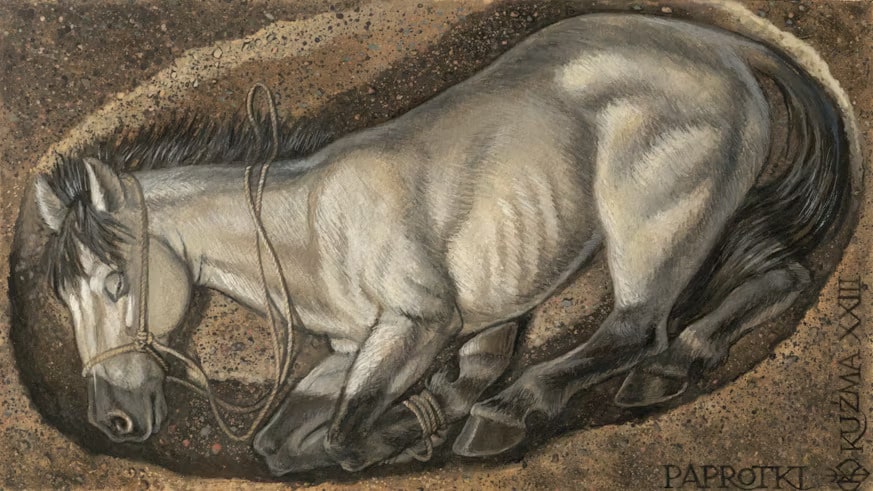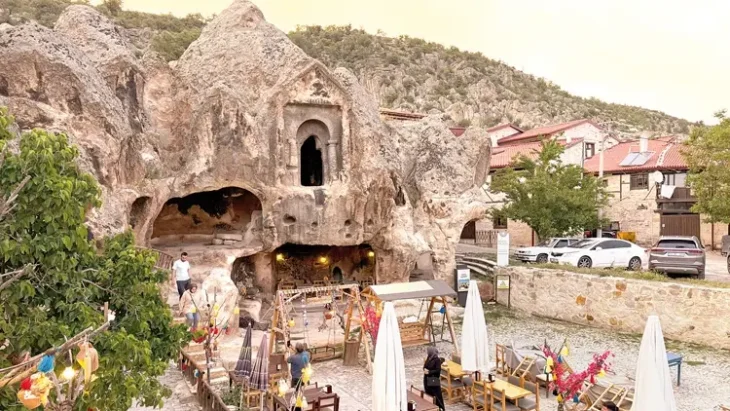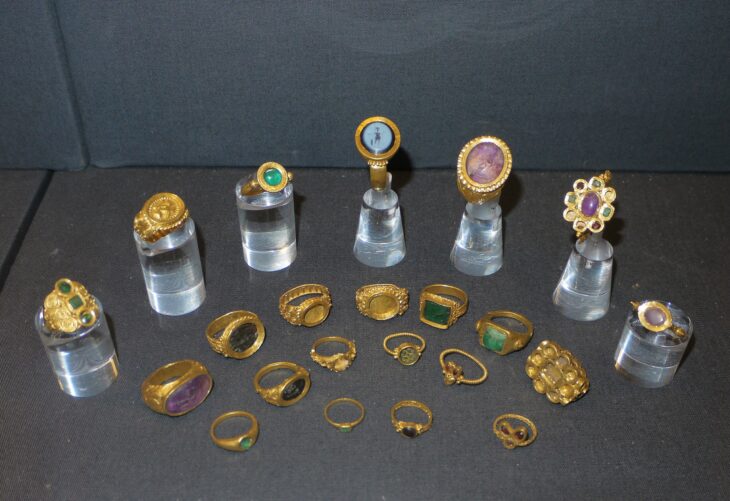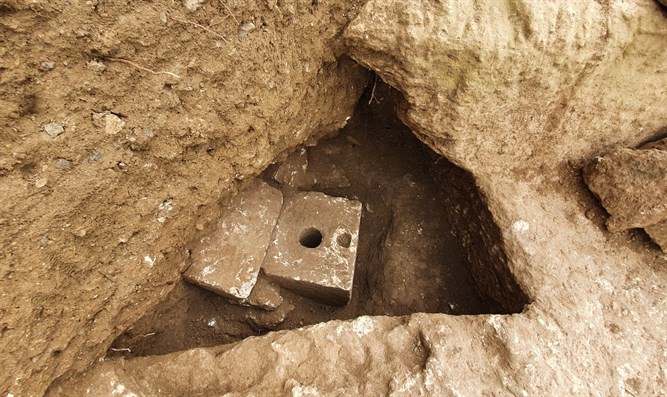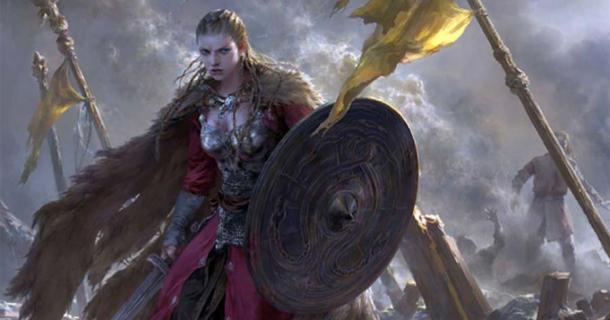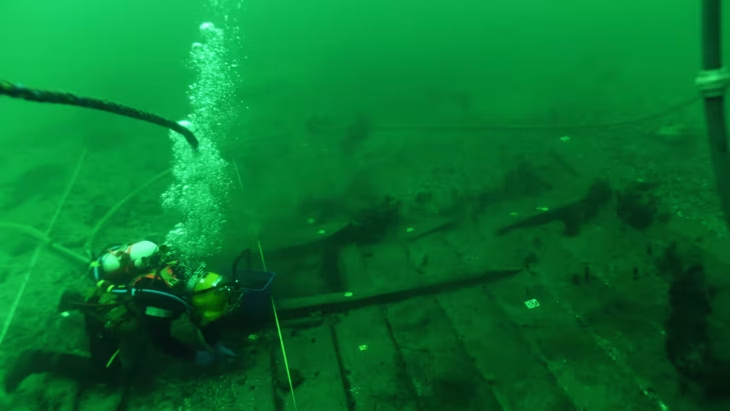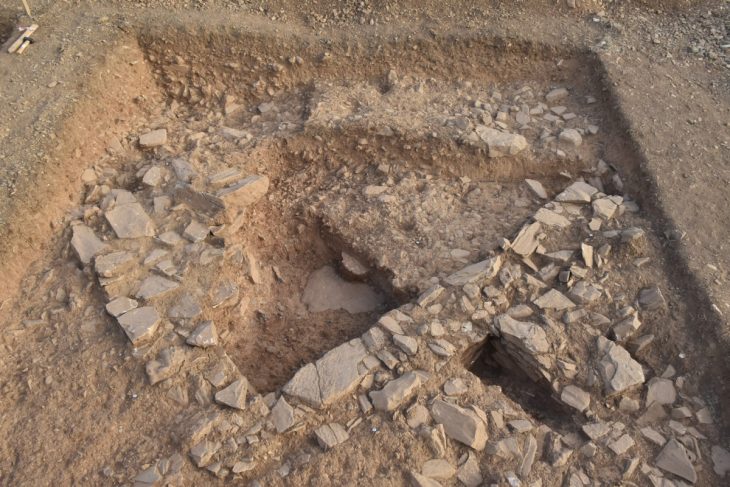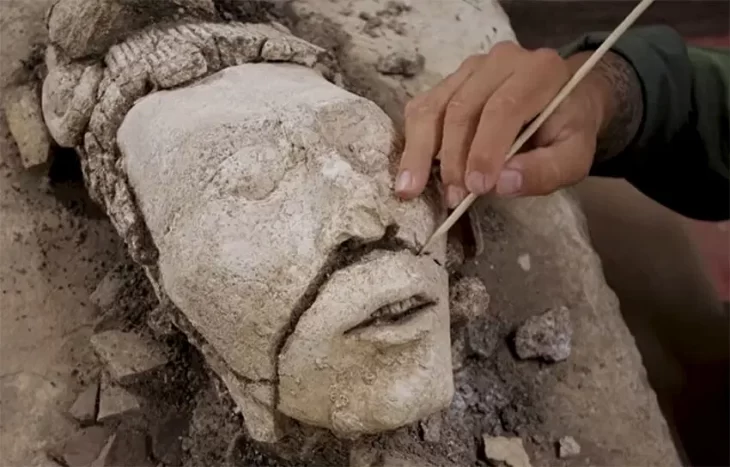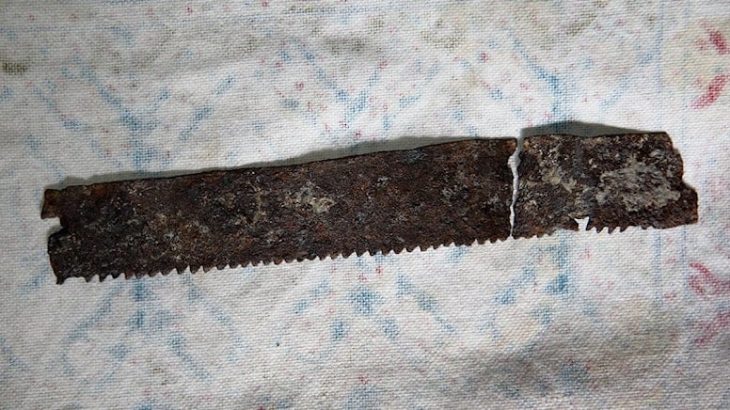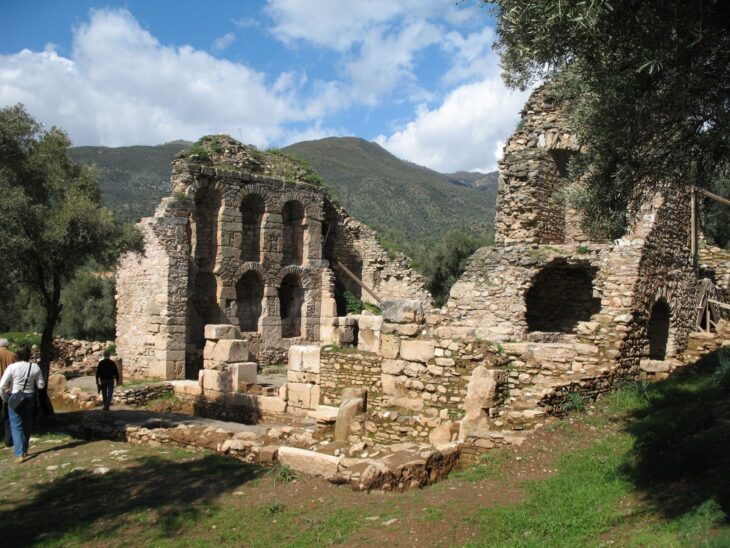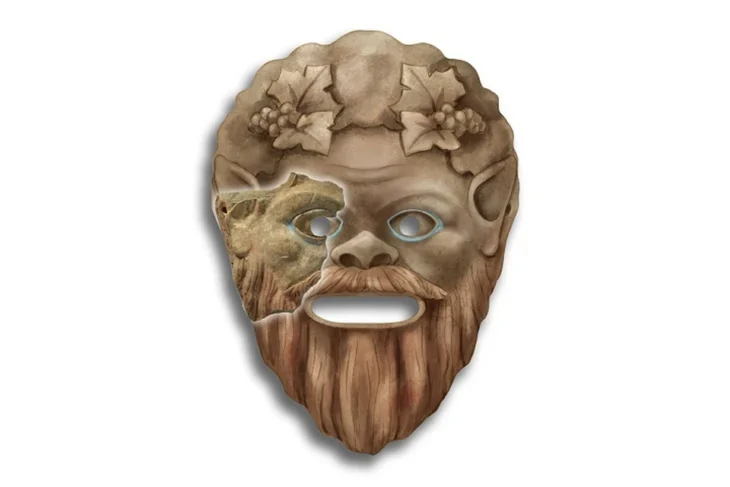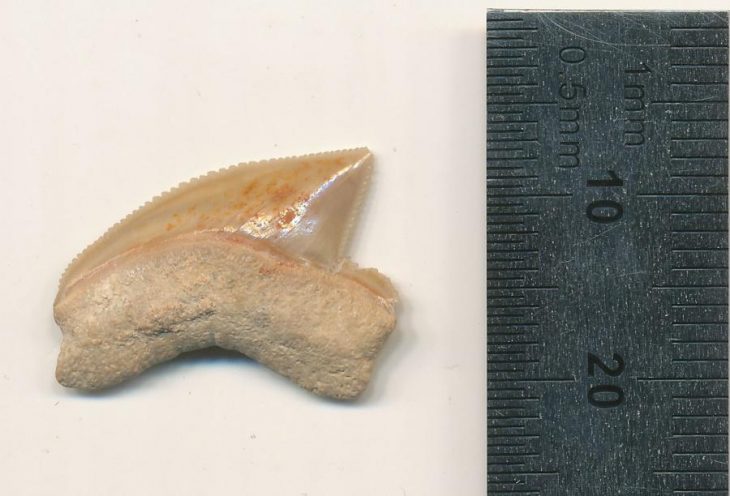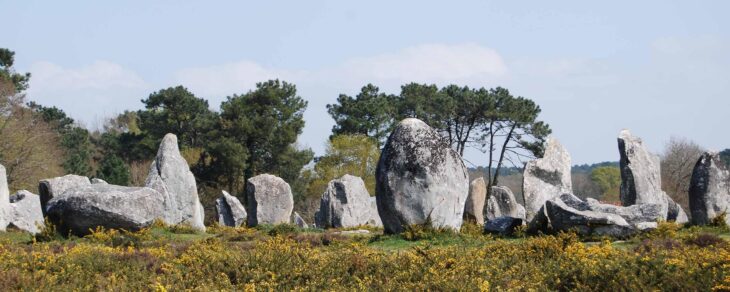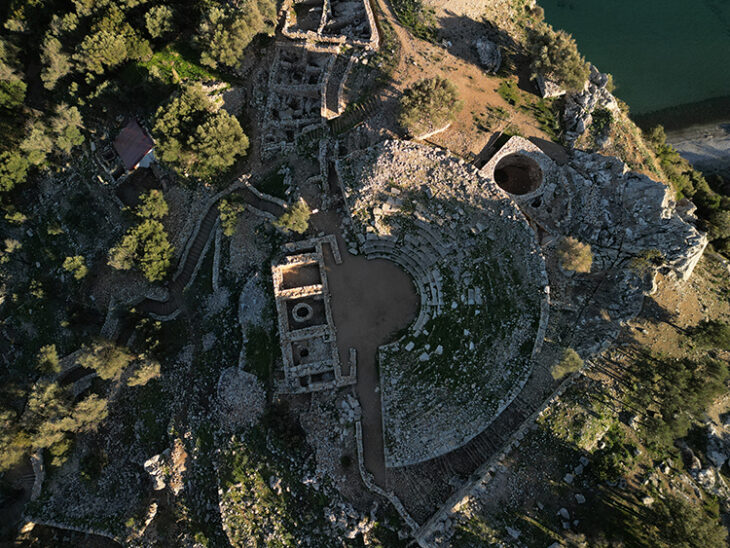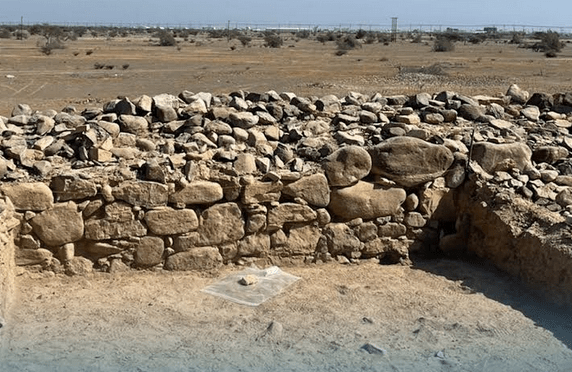In the late medieval period, pagans in the Baltic region of northern Europe imported horses from neighboring Christian nations for use in funeral rituals, according to a study.
Horses crossed the Baltic Sea in ships during the Late Viking Age and were sacrificed for funeral rituals, according to research from Cardiff University.
The new research, published in the journal Science Advances, analyzed the teeth of horses buried in the cemeteries of these communities and discovered that the pagans sourced at least some of the animals from newly Christianized Scandinavia across the Baltic Sea.
The researchers used a scientific technique called strontium isotope analysis on the teeth of 74 horses to identify their place of origin Soil, water and plants have a chemical make-up reflecting their underlying geology. The chemical signature is absorbed by animals on consumption and remains locked in the hard enamel of their teeth, allowing archaeologists to trace their life journeys hundreds of years later.
Previously, researchers believed that sacrificial horses were always local stallions. However, these findings demonstrate that horses from what are now Sweden or Finland traveled up to 1,500 km across the Baltic Sea. Furthermore, given that one in three of the horses were mares according to genetic analyses, the results suggest that the horse’s sex was not always a deciding factor in its selection for sacrifice.
📣 Our WhatsApp channel is now LIVE! Stay up-to-date with the latest news and updates, just click here to follow us on WhatsApp and never miss a thing!!
Lead author Dr Katherine French, formerly of Cardiff University’s School of History, Archaeology and Religion, now based at Washington State University, said: “This research dismantles previous theories that locally-procured stallions were exclusively selected for sacrifice. Given the unexpected prevalence of mares, we believe the prestige of the animal, coming from afar, was a more important factor in why they were chosen for this rite.
“Viking Age trade routes stretched from modern Iceland, Britain, and Ireland in the West all the way to the Byzantine and Arab Empires in the East. The presence of a trader’s weight in one horse grave points to the key role of horses in these vibrant trade networks.”
Co-author Dr Richard Madgwick, also based at Cardiff University’s School of History, Archaeology and Religion, said: “Pagan Baltic tribes were clearly sourcing horses overseas from their Christian neighbors while simultaneously resisting converting to their religion. This revised understanding of horse sacrifice highlights the dynamic, complex relationship between Pagan and Christian communities at that time.”
Horse sacrifices were highly visible and symbolic public rites across pagan prehistoric Europe, persisting the latest among the Baltic tribes, up to the 14th century AD. Offering pits might include multiple horses, single complete horses, or partial animals. In many Baltic cemeteries, horses were buried separately from humans, but there are numerous examples of horses with overlain human cremations.
Cover Photo: Reconstruction of a sacrificial horse deposit at Paprotki Kolonia, modern Poland. Credit: Mirosław Kuzma

